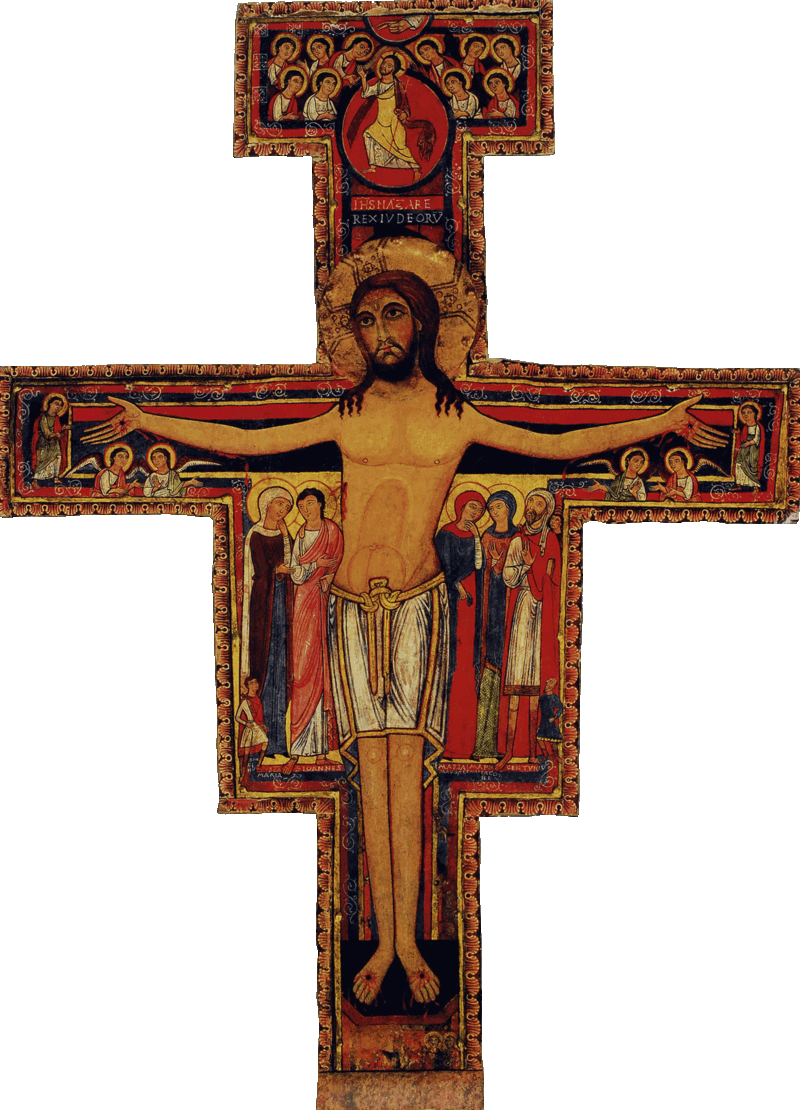Religious vows are solemn, public commitments made by individuals to live a life dedicated to God. While the traditional vows of poverty, chastity, and obedience are common, the specific nature of these vows can vary among different religious orders. These promises provide a structured path for spiritual discipline, helping individuals detach from worldly distractions and cultivate a deeper, more intimate relationship with God. By faithfully observing these vows, individuals model their lives after Christ, growing in holiness and drawing closer to communion with the divine.
What are Religious Vows?

At the centre of the Franciscan tradition is a deep commitment to their religious vows, known as the evangelical counsels: poverty, chastity, and obedience. These vows aren’t just religious obligations; they’re a way of life inspired by Christ, meant to transform both the person and the world around them. They offer a path to true freedom, humility, and love, inviting those who follow them into a deeper relationship with God and all of creation. St. Francis of Assisi lived and taught these values, showing that they aren't just for those in religious life, but an invitation for anyone who wants to live the Gospel more fully.

Poverty
The vow of poverty directly responds to the materialism and individualism that dominate much of the world. St. Francis called his followers to completely detach from worldly possessions, not as a form of withdrawal, but to find true freedom. For Francis, poverty was not simply about being poor; it was about recognizing that all we have comes from God and is ultimately meant to be shared with others. In the Franciscan sense, poverty fosters a deep understanding of solidarity with the poor and marginalized. It helps to create a community where there is no ownership, only stewardship. Franciscans believe that by renouncing material goods, they can more easily place their trust in God’s providence, living with open hands and hearts, ready to receive and give as God wills. In a society that often measures success by wealth and status, the Franciscan vow of poverty stands as a radical counter-witness, proclaiming that our worth is found not in what we own but in our relationship with God and others.
Chastity
Chastity, as understood in the Franciscan tradition, is not merely a renunciation of sexual relations but a call to purity of heart and intention. It is a vow that opens the heart to love more fully, without possessiveness or selfishness. By committing to chastity, the Franciscan consecrates their entire being to God, allowing their love for others to reflect God’s love—selfless, unconditional, and free from attachment.St. Francis saw chastity as a way to imitate Christ's perfect love. It is a vow that reminds Franciscans to see the image of God in every person, loving them not as objects of desire or possession but as brothers and sisters in Christ. In this sense, chastity allows for a profound intimacy with God and with all of creation. It opens the heart to the universal love that transcends personal relationships, freeing the Franciscans to love all people with the same fervour, devotion, and tenderness with which they love God.
Obedience
For St. Francis and his followers, obedience is the cornerstone of humility. It is the vow through which the Franciscan willingly surrenders their own will in favour of God’s will. In a world that often celebrates autonomy and self-determination, Franciscan obedience stands as a countercultural act of humility, recognizing that true freedom is found not in asserting one’s desires but in conforming to God's divine will. For St. Francis, obedience was not blind submission but a joyful act of trust. To obey meant listening attentively to God, the Church, and the community. It was an act of love, a response to the One who loved first. By living in obedience, the Franciscan enters a profound communion with God’s plan, trusting that God’s ways are always better than human ways. Through obedience, Franciscans find their place within the larger community, embracing their role in building up the body of Christ.



